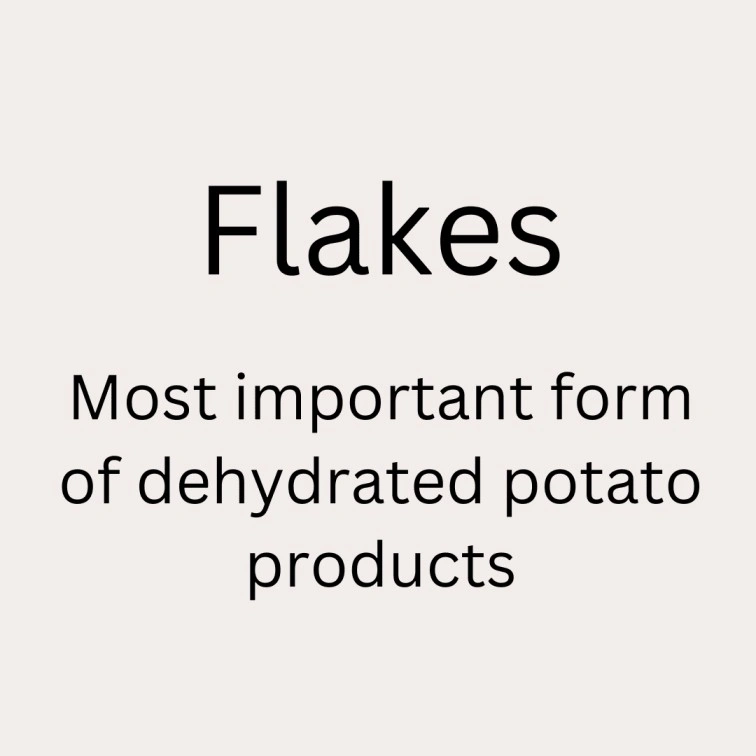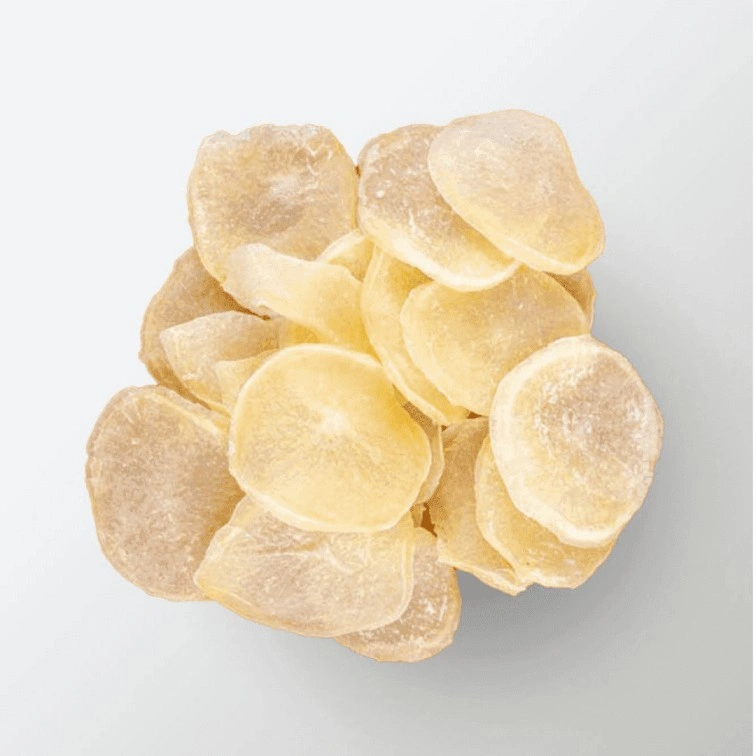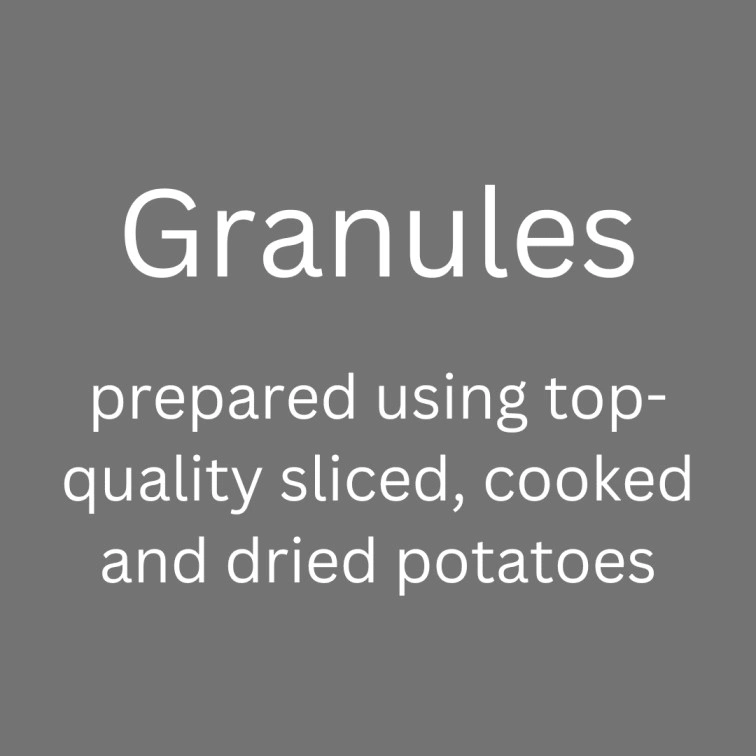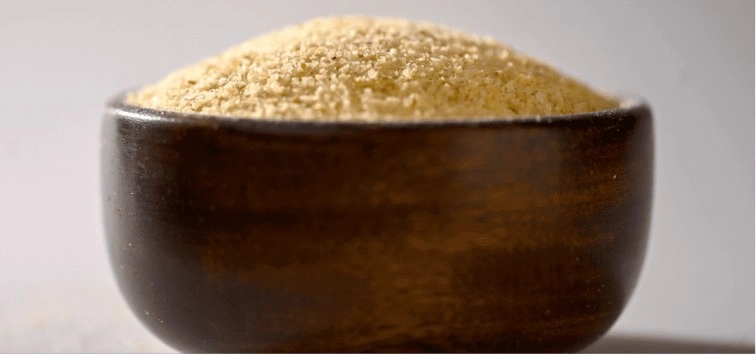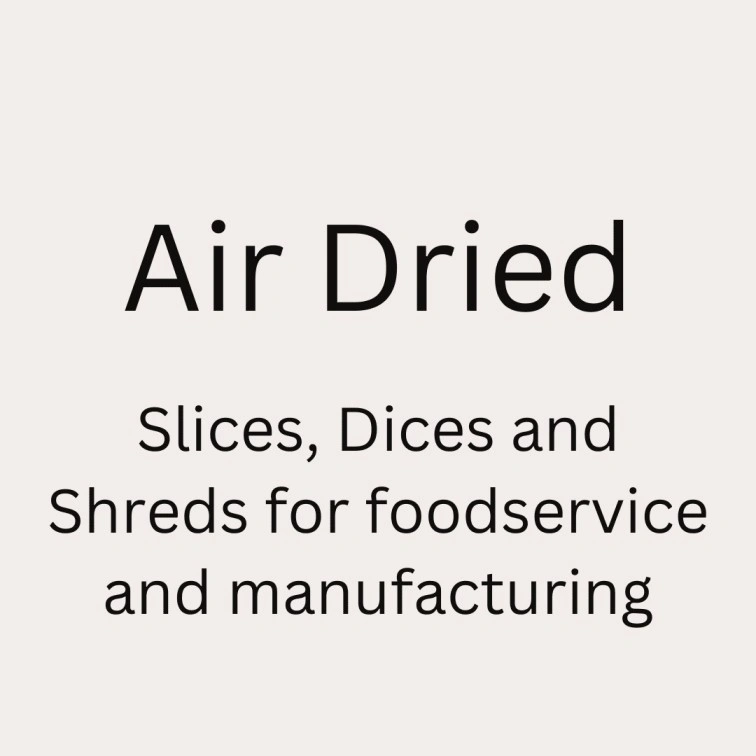Take a Look at our Potato Delights
Dehydrated Potato Products
Potato Products
Goodrich Cereals
All dehydrated potato products start out as sound, whole potatoes — the fluffy, white fleshed potatoes that consumers love. Several washings and steam-peeling under high pressure prepare the potatoes for subsequent steps on their journey to becoming premium dehydrated products.
Our dehydrated potato products are different from others in the sense that only the finest potatoes are utilized for the production. Additionally, we use the best machinery and equipment to produce products that are on par with international standards.


